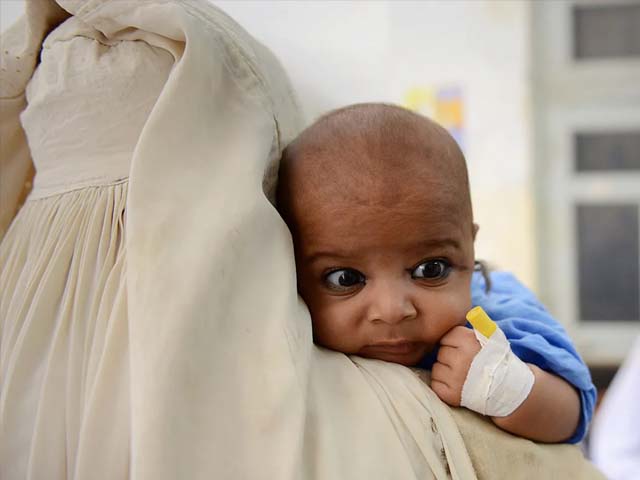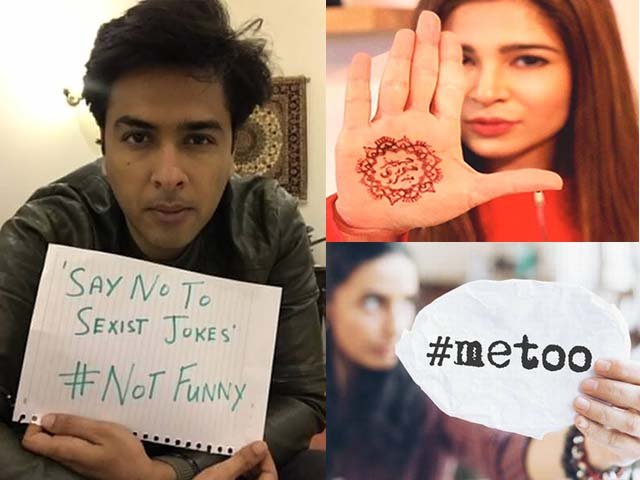
Ghalib, with angels as his muses
The concept of romance translated into the idealistic notion of love. Ghalib was with me at this stage too.
Mirza Asadullah Khan chose possibly the most apt pen name for himself – Ghalib – meaning dominant. He rules the world of poetry of the Indian subcontinent to date. Greats like Faiz have taken pride in looking up to him. Centuries later, he continues to be the muse for millions.
“Koi ummeed barr naheen aati
Koi soorat nazar naheen aati...”
(There is no hope to be found,
There is no way out to be sought)
A Long Play (LP), or a 33 1⁄3 rpm vinyl record, that my father had bought from a trip to London was titled “Lata sings Ghalib”. Often, Abba would play it and make me sit and listen. It was like a punishment for me. I didn’t understand why Abba wanted to listen to something so sombre with such difficult words. He tried to explain the lyrics to me, and told me tales of how he had heard Lata Mangeshkar sing some of these ghazals live at the Royal Albert Hall in London. But as a seven-year-old, I thought Abba’s going to London and buying that LP was a very unfortunate thing, after all, I could have used the same time playing Pacman on my Atari video game.
Years later, studying Ghalib for my grade 10 Urdu exam, I thanked Abba. And thanked my eldest brother who, when I entered my teens, gifted me a Deewan-e-Ghalib and made good use of my summer vacations by explaining the entire thing to me. By then, Atari had become boring, hormones had started kicking in and the concept of romance started making relatively more sense. Ghalib, thus, begun to make sense too.
At a later stage, that concept of romance translated into the idealistic notion of love. Ghalib was with me at this stage too.
“Kahoon kis se mein ke kya hai, shab e gham buri bala hai
Mujhe kya bura tha marna agar aik baar hota...”
(To whom do I say the calamity that the night of grief is,
I would not mind dying if death were just once)
It seemed he knew what was going on inside. However, it dawned much, much later that a lot of his poetry was spiritual. That perhaps his poetry was not for the beloved, but for The Beloved. And this is when Ghalib has hit me the most.
“Yeh masa'il e tasawwuf, ye tera bayaan Ghalib,
Tujhe hum wali samajhte jo na baada khwaar hota...”
(These problems of spirituality, this poetry of your's Ghalib,
We would think of you as a saint if only you were not a drunkard)
My father, at a later stage in his life, took my mother on a trip to India, without any of his children. He wanted to visit the Taj and Aligarh University, his alma mater, with my mother. But a third site, very important to him was Gali Qasim Jaan, Ballimaran, and he took Ammi there so that she gets a feel of Ghalib.
It is no use trying to comment on Ghalib’s poetry, his skill or his prowess. Much has been written about it. It may suffice to say that I do believe that poetry buffs like me will keep re-visiting his poetry all our lives, and find something unique each time. I silently cringe when I hear the naive say,
“Ghalib is over-rated”
How do you rate something we have barely begun to understand? The man was divinely inspired, as he himself said,
“Aate hain ghaib se ye mazaameen khayaal mein
Ghalib sareer-e-Khaama nawaa-e-sarosh hai...”
(The subjects (for my poetry) come to me from divine hidden sources,
The scratching sound my pen makes resonates like the sound of angels.)
The angels were his muses.
I have long lost that LP. But I know that I must talk to my daughter over sessions of Ghalib’s poetry we can listen to on Youtube via a proxy. One day, she will thank me for it.




COMMENTS (11)
Comments are moderated and generally will be posted if they are on-topic and not abusive.
For more information, please see our Comments FAQ